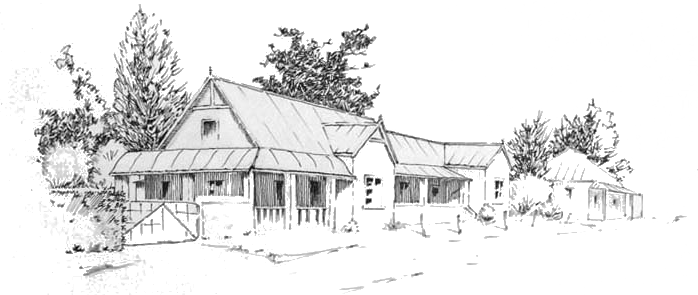The Good Doctor’s Beetle
By Ed Herbst
Pictures by Tom Sutcliffe and Gerhard Laubscher
When the sluices of the Sterkfontein Dam were opened for the first time in 1977, few could have envisioned that it would become a world class sports fishery and that the quarry of choice would be the indigenous yellowfish.
http://en.wikipedia.org/wiki/Sterkfontein_Dam

Situated midway between Durban and Johannesburg and about a three hour drive from either city, Sterkfontein Dam offers accommodation at the dam itself or at the nearby town of Harrismith.
http://www.durbanflytyers.co.za/Outings/Sterkies2008-11/Sterkies.asp
I have always been interested in the evolution of original ethnic fly patterns and asked local fly fishing guide, David Weaver, who runs the Rose Garden Manor B&B, what he considered to be the most significant fly that had evolved at “Sterkies” in the past decade or so.
http://grasslandsmeander.co.za/index_files/TSP%20Rose%20Garden%20Manor.html
http://www.fosaf.co.za/fishingReports.php?id=19
http://www.africanangler.com/fly_article.asp?id=652
“The Good Doctor’s Beetle”, he said emphatically.

The good doctor, Hans van Zyl, practises in Harrismith and his beetle is fascinating because of the way in which he treats the foam with decoupage sealants.

You can buy examples from Andre Burger’s “Presentafly ” shop in the small Orange Free State town of Bethlehem.
http://www.presentafly.com/blog/fly-tying-the-good-doctor-s-beetle-and-how-to-tie-it
Andre’s site has step by step photo sequences of how the foam rubber is prepared and used in a number of Dr van Zyl’s flies.
I interviewed the good doctor and here is what he told me: “I had experimented with beetle patterns for several years but they were all Coch-y-Bonddu-type flies in which the main ingredient was peacock herl.
“Then, in 2004, a visiting angler asked me to tie him some gold-ribbed hare’s ear nymphs and deer hair caddis patterns. Among the flies he gave me in return was a foam rubber beetle.

“Until then the deer hair caddis patterns had predominated in my dry fly box but the first strike on that ugly foam rubber beetle was so spectacular that for past six seasons I have developed and fished only beetle and hopper imitations. I think I have become a strike junky!

“From late August till the end of May I fish Sterkies at least twice a week after work. I fish crystal clear shallows where the water warms during the day. These conditions demand long leaders, fine tippets and flies that can float all day.

“On the eastern shore of the dam, where maize is farmed, copper-coloured beetle predominate and on the natural veldt of the western shore, the iridescent black/purple dung beetles rule.

“My research into the copper-coloured beetles was relatively easy. During the maize-growing season, I simply collected dozens of them and threw handfuls into the water – with dramatic results!
“For the copper beetles I use Ice Dub Holo Copper, Holo Golden Orange or Rusty Orange. For the dark green beetles I use Ice Dub UV Brown or UV black. Somehow even fish prefer purple to black!
“The painted and sealed foam opens up a spectrum of colours for the fly tier in a surprisingly easy method that took me the best part of two years to perfect,” he said.

His foam patterns are constantly evolving.

http://www.presentafly.com/new-generation-beetles.php
Dr Hans uses a 5-weight floating line, a three metre tapered leader and a two metres of 4x tippet.

Another local guide is Dennis de Klerk who has fished the dam since it was built and who also provides accommodation. Contact him at
This email address is being protected from spambots. You need JavaScript enabled to view it. 0845814847.
Another example of the good doctor's flies:

The Good Doctor's Hopper


